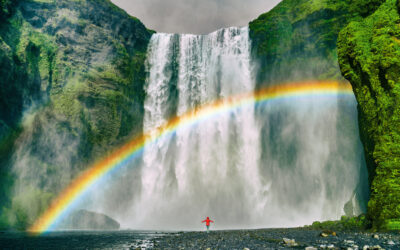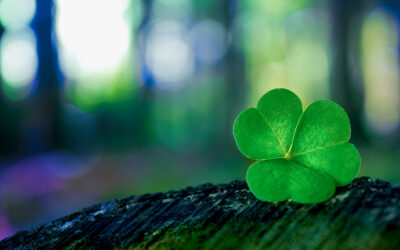Russian has several unique sounds that can be difficult for English speakers to pronounce because they have no direct equivalents in English. These sounds contribute to the distinct sound of the Russian language.
Ы (Yery)
The vowel Ы (yery) is a sound that doesn’t exist in English. It’s produced by positioning the tongue high and back in the mouth, creating a sound somewhere between “i” in “bit” and “u” in “pull.” It’s one of the trickiest Russian vowels for English speakers to master.
Х (Kh)
The consonant Х (kh) is a voiceless velar fricative, similar to the sound made in the Scottish word “loch” or the German “Bach.” It’s a harsher, throatier sound than any English “h.”
Щ (Shch)
The letter Щ (shch) is a sound that’s often described as somewhere between “sh” in “shower” and “ch” in “cheese.” It’s a softer, more prolonged “sh” sound, found in words like “щедрый” (shchedryy – generous).
Й (Yot)
The Й (yot) sound, similar to the English “y” in “yes,” appears in combinations like “ай” (ay) or “ой” (oy). While not entirely foreign, its use in forming diphthongs and softening other vowels can be difficult for non-native speakers.
Ю (Yu) and Ё (Yo)
The Russian Ю (yu) and Ё (yo) are combination sounds that don’t exist as single phonemes in English. Ю sounds like “you” said quickly, while Ё is a stressed “yo” sound that often merges into Е (ye) in unstressed positions.
Ц (Ts)
The letter Ц (ts) represents a hard, sharp sound similar to the “ts” in “cats.” Unlike in English, it’s not a combination of two sounds but rather a single phoneme, commonly found in words like “царь” (tsar).
Ь (Soft Sign)
While the Ь (soft sign) doesn’t represent a sound itself, it plays a crucial role in softening the consonants that precede it. This “softening” gives Russian words a smoother, more palatalized sound that can be hard for English speakers to replicate.
These sounds create a rich variety of pronunciation challenges for learners of Russian, making the language sound vastly different from English!
Related Articles
The Science of Rainbows—Nature’s Prism
Rainbows are one of nature’s most mesmerizing sights, but they’re not actual objects—they’re illusions created by light refraction. When sunlight passes through raindrops, it bends, splits, and...
The Origins of the Tooth Fairy—A Magical Tradition
The Tooth Fairy is a beloved childhood figure, but her origins are more complex than you might expect. The tradition dates back to medieval Europe, where parents buried children’s lost teeth to...
The Origins of the Shamrock—A Symbol of Ireland
With St. Patrick’s Day approaching, the shamrock is everywhere! But how did this simple three-leaf clover become a symbol of Ireland and luck? According to legend, St. Patrick used the shamrock in...





